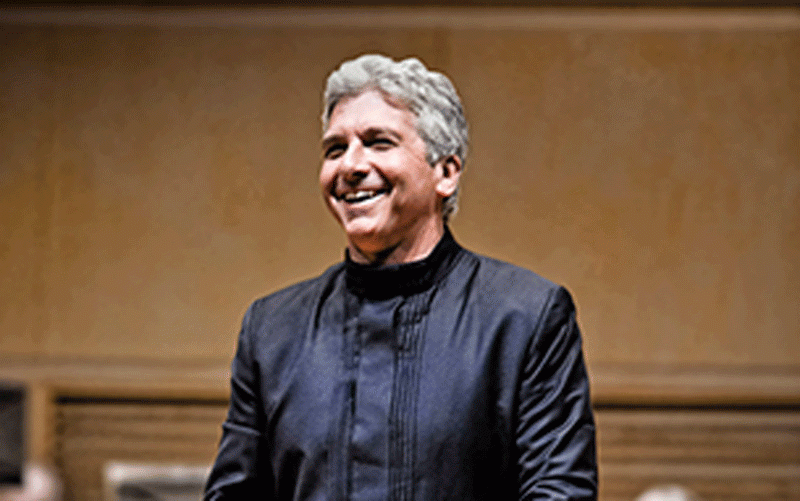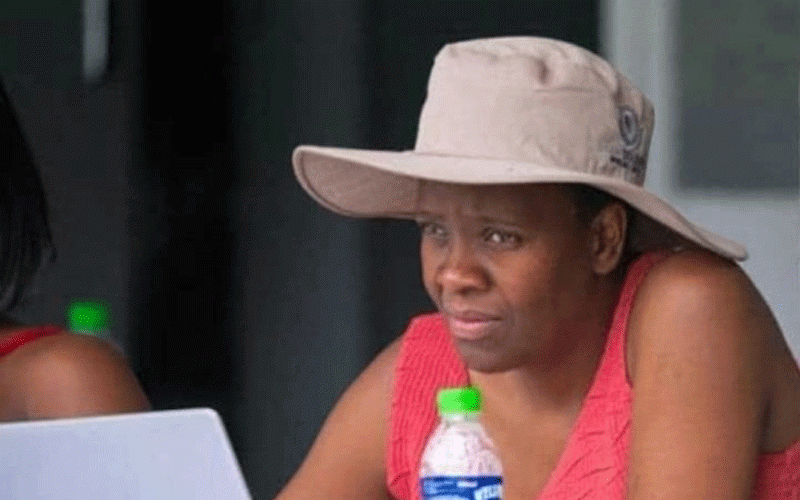
UTILISATION of modern training methods and regular competitions are some of the known reasons the Zimbabwe Sevens rugby team has confounded expectations to do remarkably well on the international circuit.
One of the reasons is consistency, and no one symbolises that better than Silethokule Ndlovu, the Cheetahs front rower for five years.
Slater – as he is known – is an unsung hero of the team, perhaps for the simple reason that he does not play in a “pretty” position such as playmaker, wing or centre.
He is an enforcer, and alongside fellow front rowers Fortune Chipendo, Gardner Nechironga, Jacques Leitao and Grant Mitchell, gives coach Liam Middleton a variety of options for a formidable front row trio upfront.
Ndlovu is the single survivor of the modern day Zimbabwe Sevens team, having earned his stripes for the first time back in 2003. He played in the 2005 World Cup qualifiers in 2004 with, among others, former player-coach John Ewing, Allan Mdehwa, Gary Hewitt, Arnold Takawira, Donald Mangenje, Travis Plumridge and Gilbert Nyamutsamba, the current assistant coach.
Zimbabwe did not qualify for the World Cup, but their otherwise impressive showing inspired the success being enjoyed by the team presently.
Born 29 years ago in Bulawayo, Ndlovu started playing rugby at Msitheli Secondary School in Mpopoma. The only other recognised rugby player to pass through the school was Arthur Mathe, the UK-based Zimbabwe lock forward, who started off there but later transferred.
- Chamisa under fire over US$120K donation
- Mavhunga puts DeMbare into Chibuku quarterfinals
- Pension funds bet on Cabora Bassa oilfields
- Councils defy govt fire tender directive
Keep Reading
While in school, Slater joined the Highlanders Rugby Club, later renamed Western Panthers.
“I was so small and Victor (Olonga) chased me away. He said ‘you want to kill babies here!’,” he quips. “But I kept coming back and when he went overseas and later came back he was shocked to see how big I had grown.”
Olonga, the volatile former Zimbabwe fullback and captain, was one of the leading players at the high-density outfit, together with Arthur Mathe, Ziv Dzinomurumbi and Taurayi Gusha.
Ndlovu, a flanker or eighthman since school, made his first breakthrough when he was picked for the Matabeleland Unders 21s in 1998. He followed up with a Zimbabwe Unders 21s call-up in 2001.
He progressed quickly enough to play for the national side in the same year as his Under 21 debut- a rare feat considering the quality of players in Zimbabwe rugby then. Most of the old guard were approaching retirement and coach Godwin Murambiwa saw an opportunity to blood youngsters.
He came off the bench at flank against Namibia at Hartsfield Ground in Bulawayo for his first Zimbabwe cap. The Sables won that match, and it remains their only win over the Namibians in many years.
“I played for Zim when it was still Zim, with all the big players. As a youngster rubbing shoulders with all those greats was just awesome.”
The “greats” included such revered players as Brendan Dawson, the current Sables coach and Zimbabwe’s most capped player, then Olonga, Costa Dinha, Jeff Tigere, Paul Georgiou, Naboth Mujaji, Mzi Nyathi, Bhuru Mwerenga, Karl Mudzamba, Jackson Muzawazi, TJ Madamombe, Ryan Bekker, Taffy Manyimo, Brian Beattie, Johnny du Randt, amongst other talented players.
Ndlovu, who is equally good both as a fetcher or ball carrier and also possess pace, was at one time the best loose forward in the country. He toured Kenya, Namibia and Uganda on his way to 22 Test caps at XVs. Â
But when the Sevens revolution started, he became a specialist, more by accident due to an uneasy relationship with the new Sables technical staff.
The Cheetahs started off by participating in small tournaments in Europe – in England, Holland and Spain.“We’ve hugely improved over these years and it takes a lot of hard work,” Ndlovu says. “We used to lose to Tunisia on the continent and now we hammer them. We’ve beaten Scotland thrice in two weeks (in the Dubai and George Sevens), and they are a major rugby-playing nation. And if we can compete with Fiji, who are the defending World champions, like we did in George, it shows you that we are no means pushovers.”
The Cheetahs will play in the World Cup in Dubai in March, and Ndlovu already sees the team leaving a mark.
“The team is looking good. There are going to be 24 teams in the World Cup and we can beat a lot of the teams, and compete well with the rest. One thing for sure is that we wont be found wanting.”
Apart from playing, Ndlovu has a passion for development. Together with other senior players in Bulawayo they coach at schools in Matabeleland, and he has been incorporated on the board of the Matabeleland Rugby Football Union.
“We are trying to get rugby in Matabeleland back to where it used to be,” he says.
His coach Middleton sums the esteem that Ndlovu is held in the team.
“He is a deceptively fast player, his acceleration and speed is evident when he is given space to move,” he says. “His sidestep has seen him wrong foot a lot of players at international level. As a hooker that speed and direction change is important when he matches up with other forwards and can be devastating. He also has one of the highest turnover rates at rucks as he has exceptional grip strength.
“He will be working hard on his skills and work rate as we approach the World Cup as that prop/hooker position is currently the most contestable. As one of the most experienced 7s players in the country, I’m hoping he will be in a position to compete in the World Cup.”
BY ENOCK MUCHINJO











